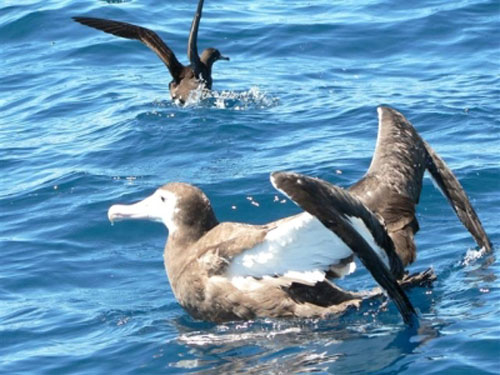Last month the General Assembly of the United Nations (UNGA) adopted without a vote a resolution (A/69/L.65) to develop an international legally-binding instrument under the UN Convention on the Law of the Sea (UNCLOS) on the conservation and sustainable use of marine biological diversity of areas beyond national jurisdiction (“high seas”) (click here).
The UNGA agreed to establish, prior to holding an intergovernmental conference, a preparatory committee, open to all States Members of the United Nations, members of the specialized agencies and parties to the Convention, with others invited as observers in accordance with past practice of the United Nations, to make substantive recommendations to the General Assembly on the elements of a draft text of an international legally-binding instrument under the Convention. The preparatory committee is to start its work in 2016 by holding sessions from 28 March to 8 April and from 29 August to 12 September to draft text for the proposed instrument.
Negotiations are to address “the conservation and sustainable use of marine biological diversity of areas beyond national jurisdiction, in particular, together and as a whole, marine genetic resources, including questions on the sharing of benefits, measures such as area-based management tools, including marine protected areas, environmental impact assessments and capacity-building and the transfer of marine technology.”

Juvenile Wandering Albatross at sea
John Cooper, ACAP Information Officer, 10 July 2015

 English
English  Français
Français  Español
Español